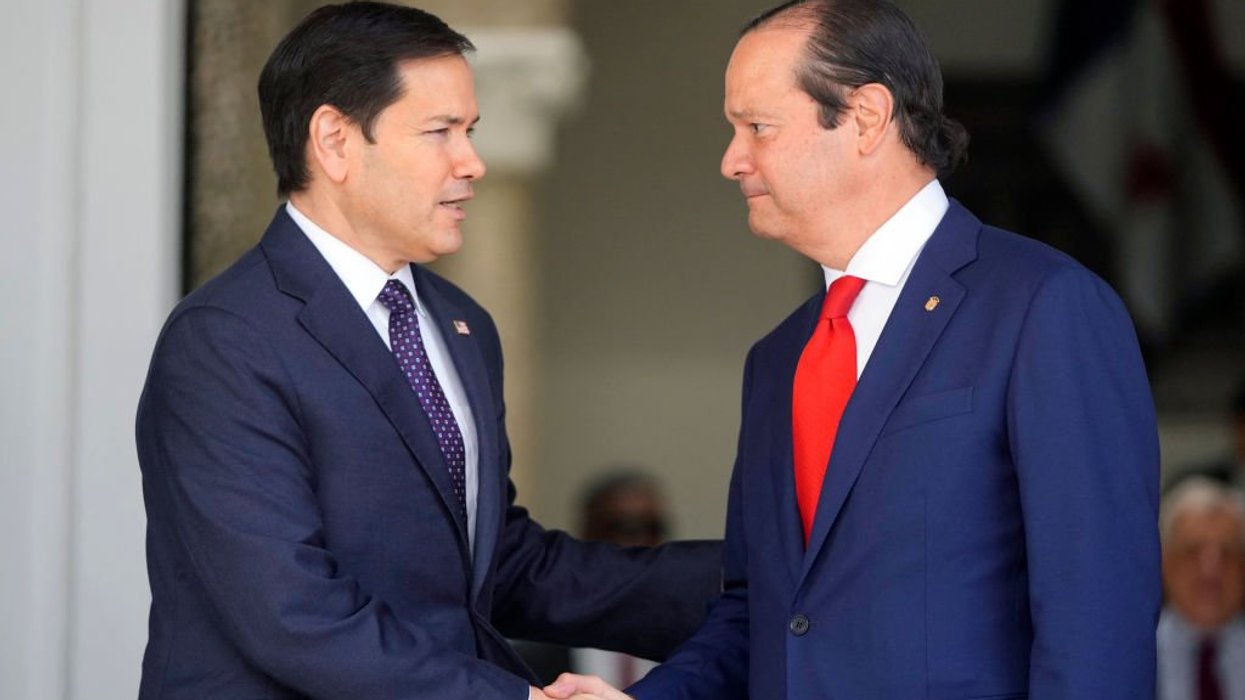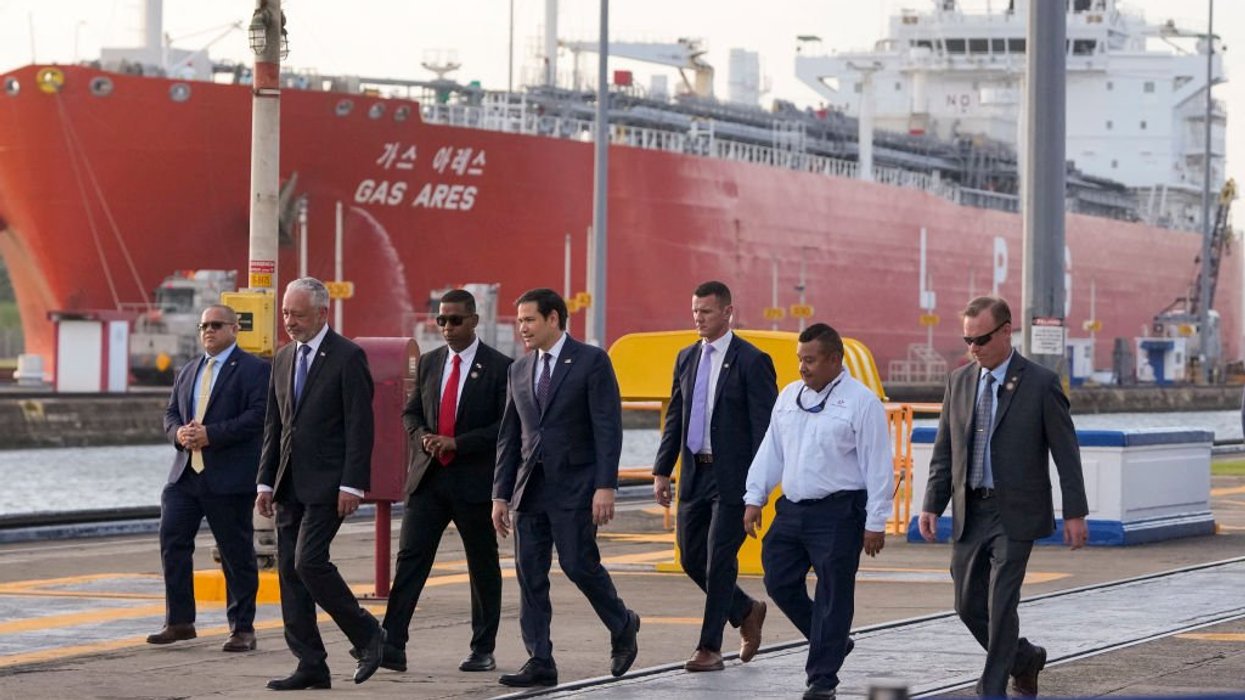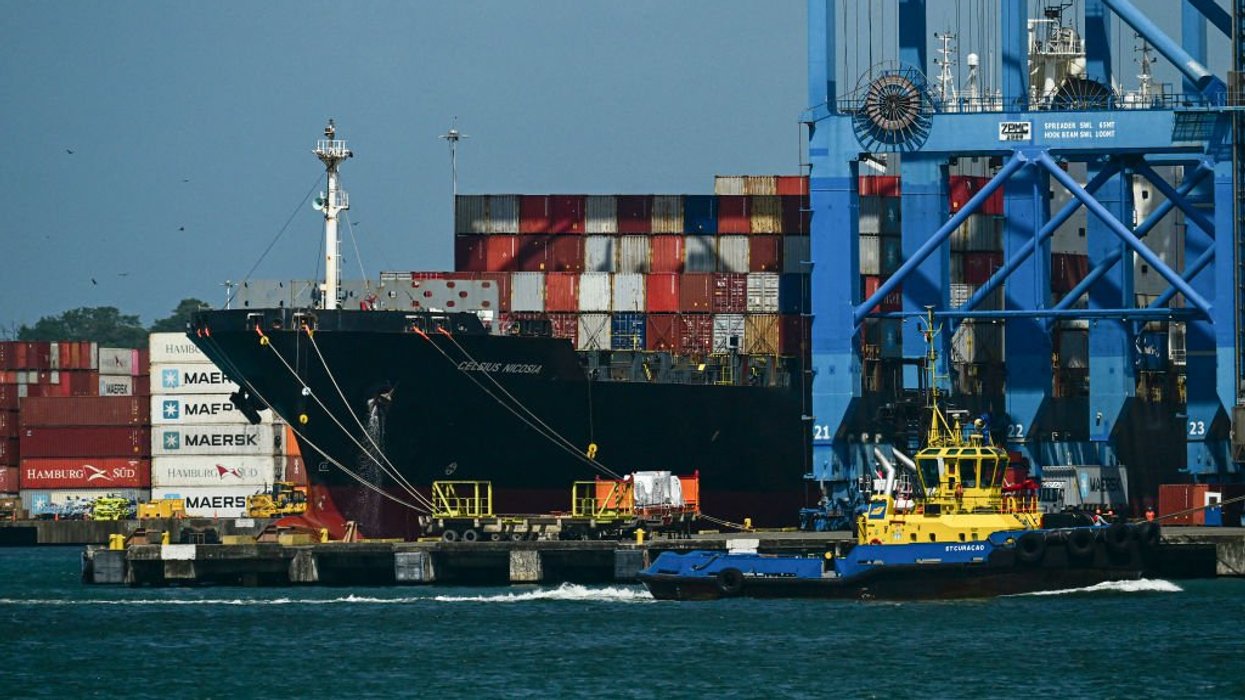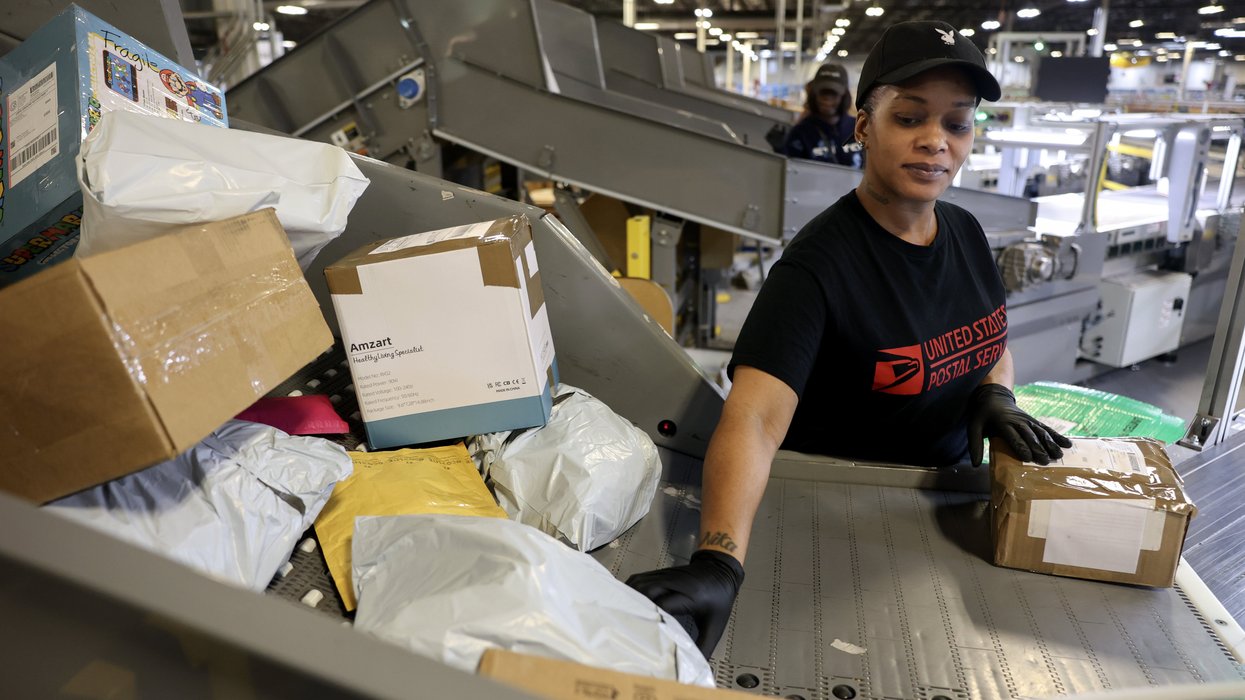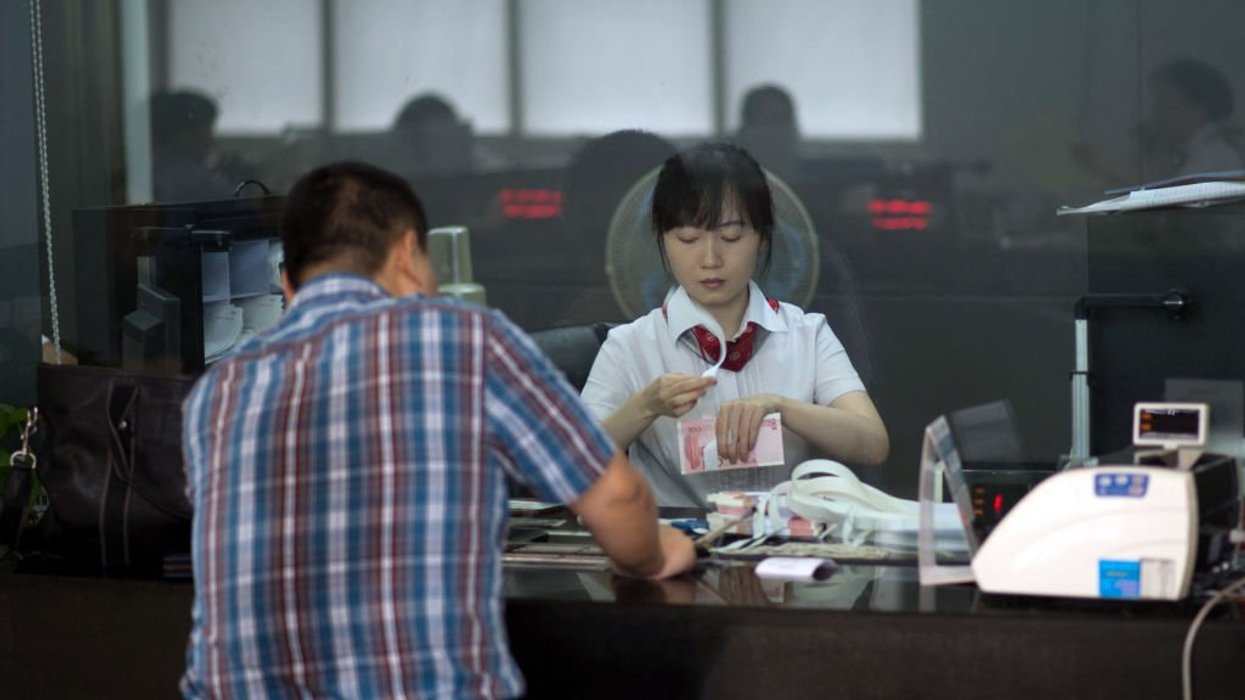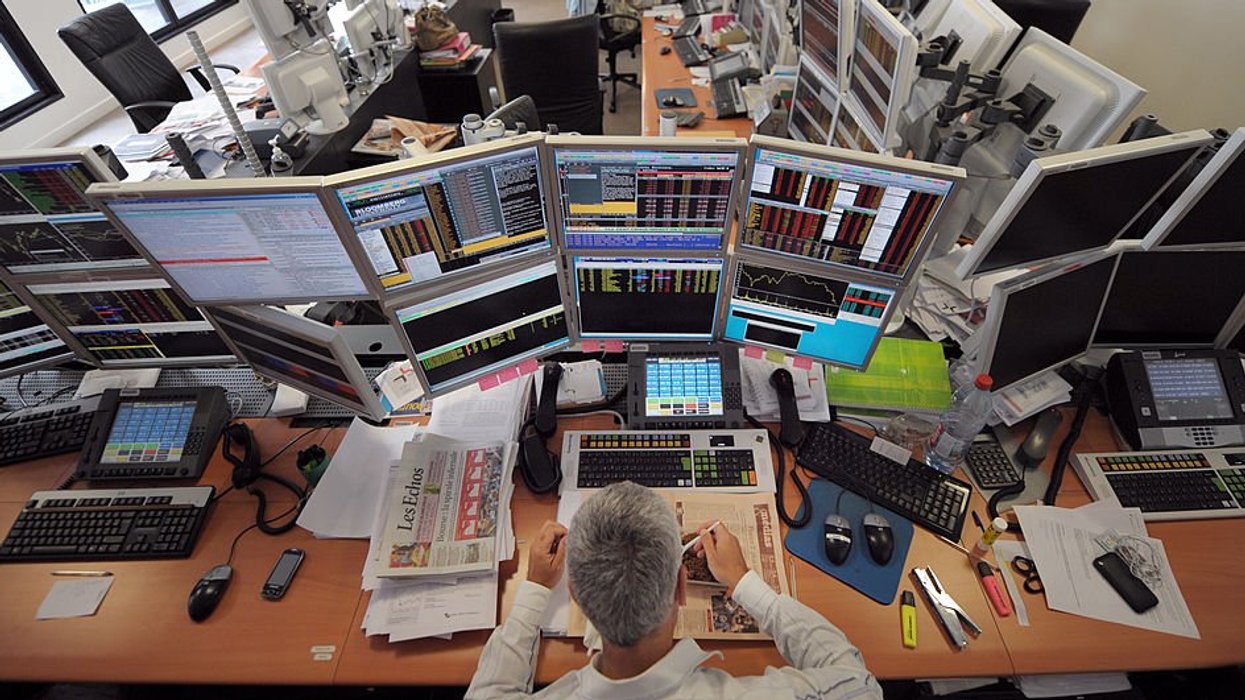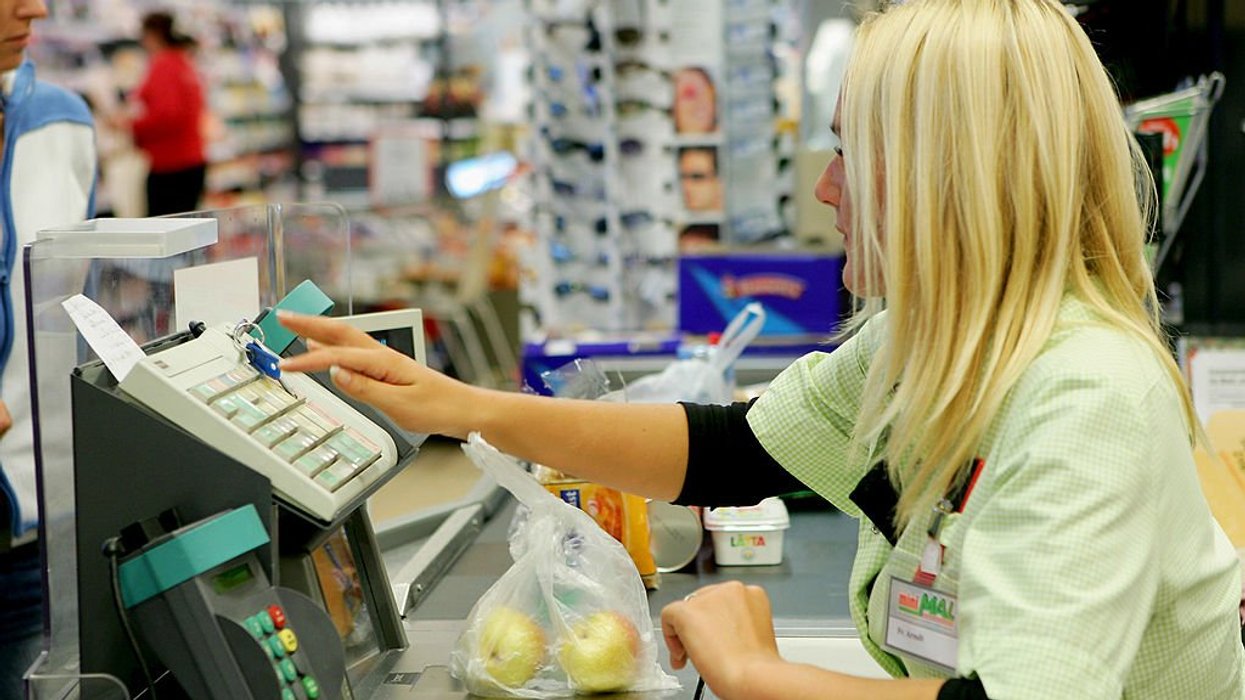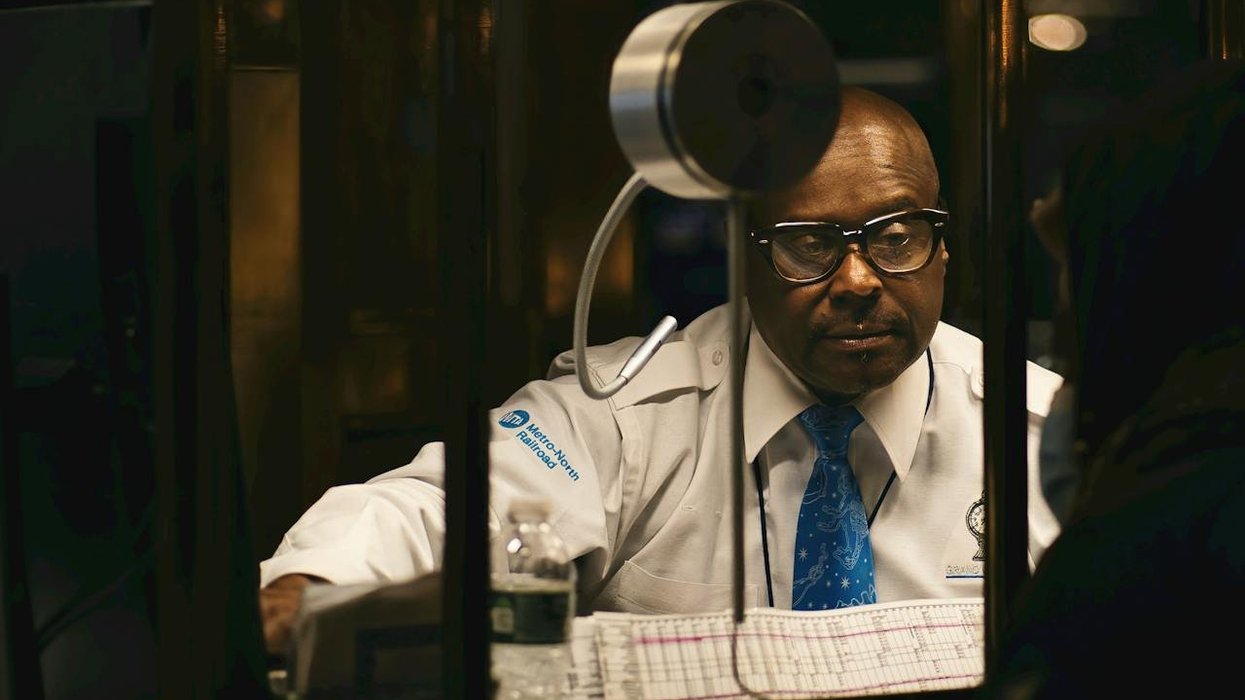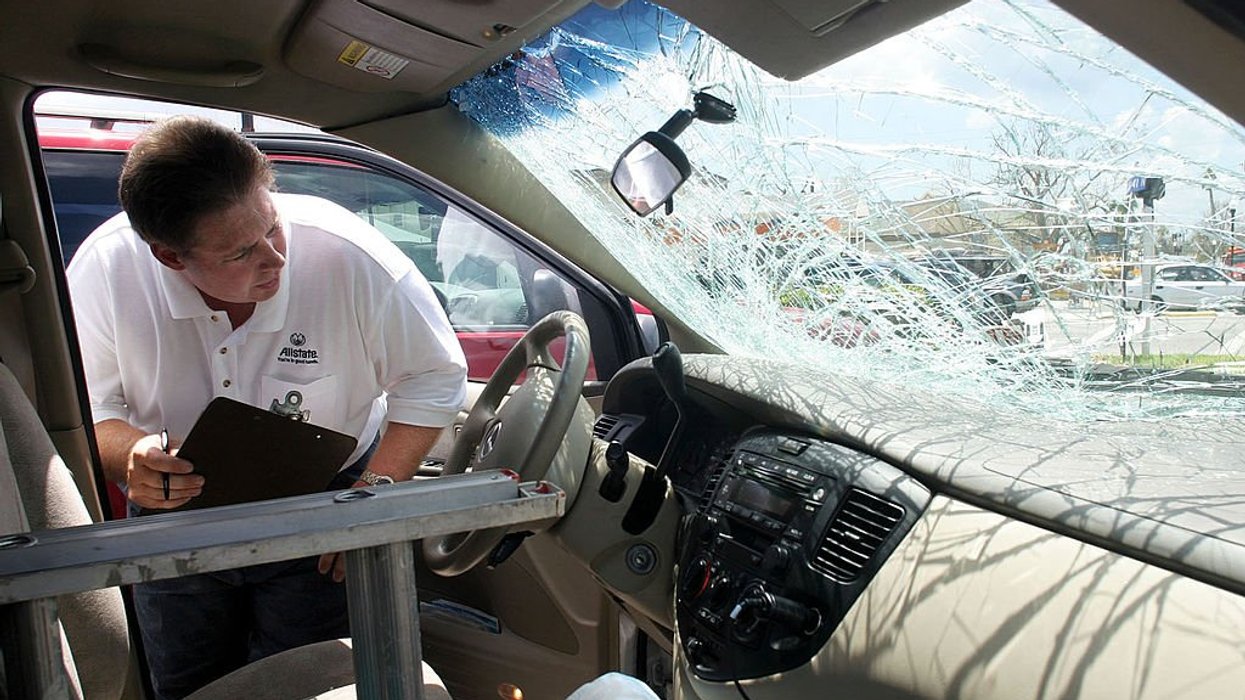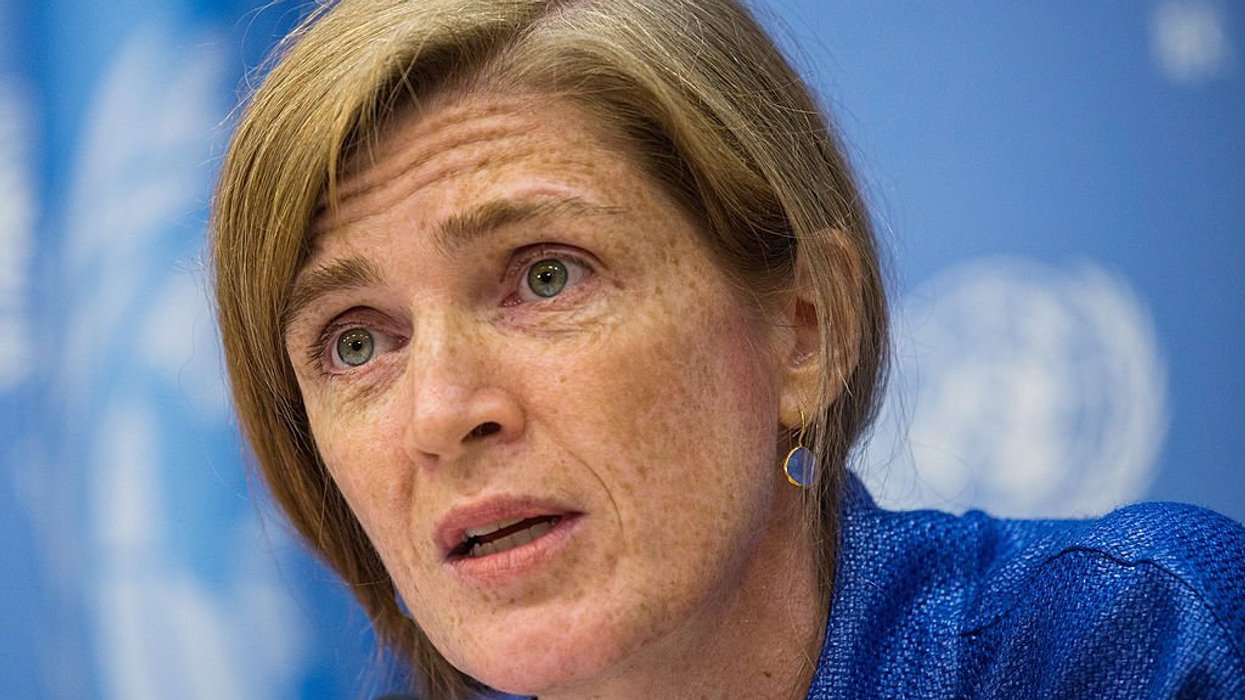Glenn and his family went "off the grid" over the 4th of July week, heading to a farm in the middle of the country without internet, television, or cell phone service. How were they able to survive?
"Barely came back from vacation. We went up to some farmland and we herded cattle, we rode horses. I'm going back up in a couple of weeks and we'll have chickens and lambs," Glenn said.
"I contend that the problem with our society is that we have gotten away from cows. We have gotten away from nature. We've gotten away from the farmlands," he explained.
"I contend that because we've gotten away from the farms, we no longer see nature in practice. We never see. My son doesn't understand. He saw something naturally happening in front of him. Instead, what we see off the farm, what we see in our cities, what we see in our schools, what we see every night spilling into our houses is what we think is natural on television, which is completely unnatural. We see all these TV shows and everything else that are not real. They're not based in anything that's real."
"Because we've gotten away from nature and we are just taking other people's words for it, we also are for things like green energy. That's the biggest pile of bullcrap I've ever seen, and I have been ‑‑ I've spent ten days with bullcrap. Not all the actual bullcrap, but the wind‑power and solar power. We have a farm that is off the grid and it's wind‑power and solar power. That's bullcrap."
Glenn explained that the solar and wind power was not enough to keep the electricity on the farm running. Even the small refrigerator, powered by propane, could only get to fifty-one degrees.
"If we still lived down on the farm and we would listen to people who were actually using it, well, then we'd know it's a pile of crap. It's nice to augment, but by Thursday of last week, we just had the generators running the whole time."
Stu added, "When countries try to implement this sort of power in a large sense, that's exactly what happens. The wind‑power isn't running all the time, the solar power obviously at night isn't running all the time and they have to augment it with good old fossil fuel."
Pat said, "If solar worked great, we would all be fine with solar. That would be great."
"We've just disconnected from reality and sanity because we're so far away from it," Glenn said.
"You know, I went to church yesterday in this small town. There's about 400 people who live in this town. I think about 390 of them, I haven't met all of them, but I bet about 390 of them I would wish I could be. The people that I met were all rock solid people and they're the people that honestly that if you go to New York, they are the people that on, you know, Central Park would make fun of, mocking. Mock them. Guarantee it. Guarantee it. Because they're all people that work with a tractor. They're all people that really work for a living. You never think you work for a living? I mean, I played on a tractor last week. I played on it. I didn't work. I mean, yeah, I herded some cattle. Really? And if it didn't work, I could call somebody and go, 'The cattle won't listen to me. Can you come get them?'" Glenn said.
"These are people who actually work for a living. And it's because of that, their children are different," Glenn said.
"I saw a difference in my children within three days. Within three days. No Internet, no television, no phones, no texting. Unfortunately no electricity, which kind of made the ice cream a little soggy. That one we have to fix. The rest of it... they change. We've changed as a culture because we no longer see nature in action. And when you see nature in action, you see the patterns of life. Because we're no longer close to anything that's not ‑‑ that you don't plug in, we don't see the patterns in life, we don't see the pattern of the family in life. And the more we plug in, the more we tune out and the weaker we become as people."
"Go find yourself some farmland. Go vacation. In some town that you probably would have made fun of when you were a kid. This is exactly the kind of town that I would have made fun of as a kid. This is exactly the kind of town that I would say no way that I would ever live there or want to live there. I do now."

